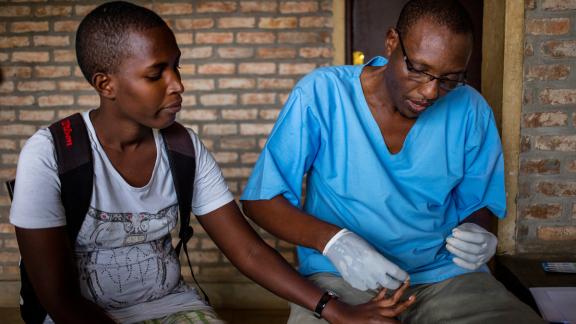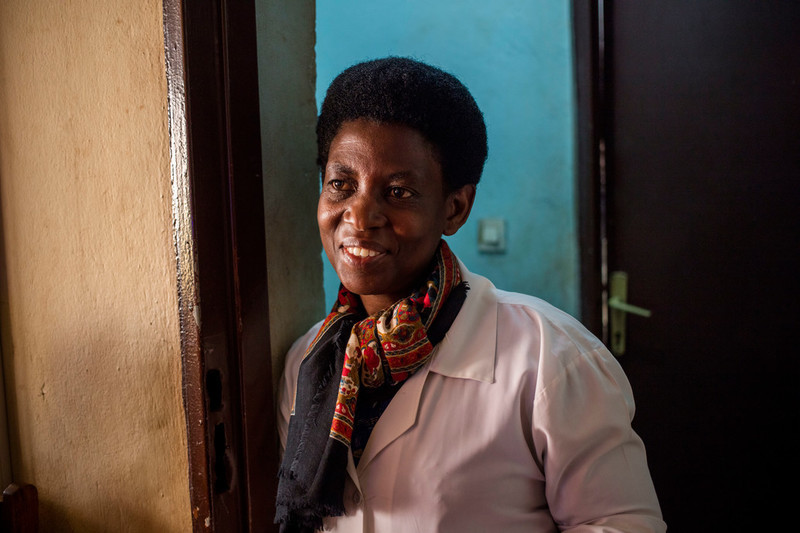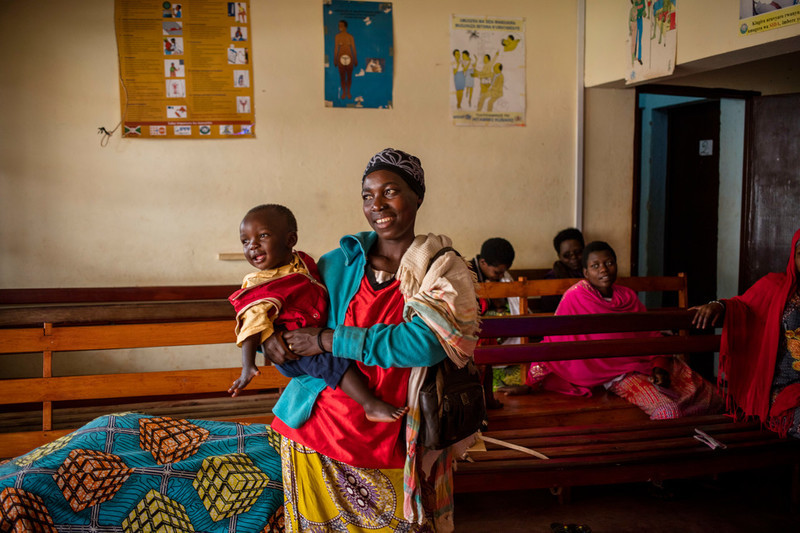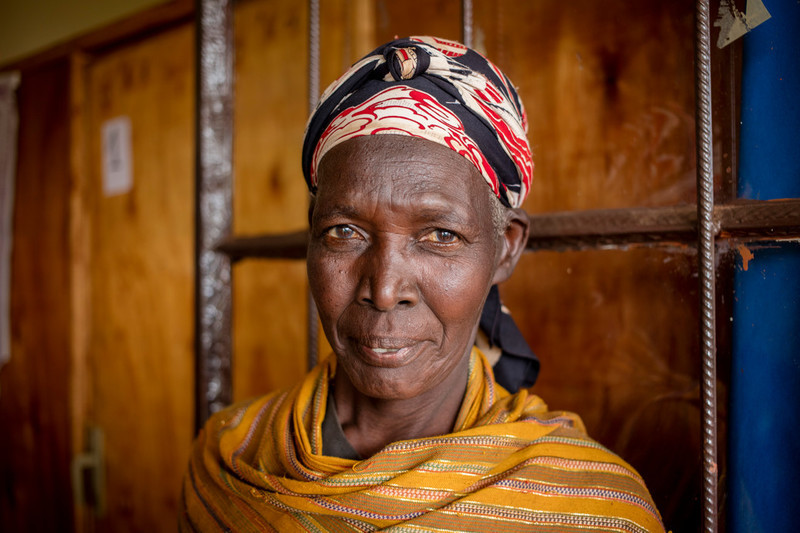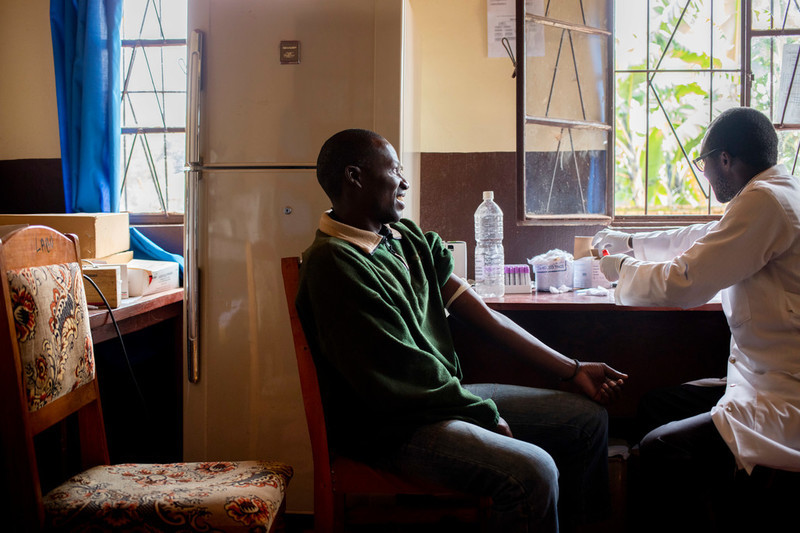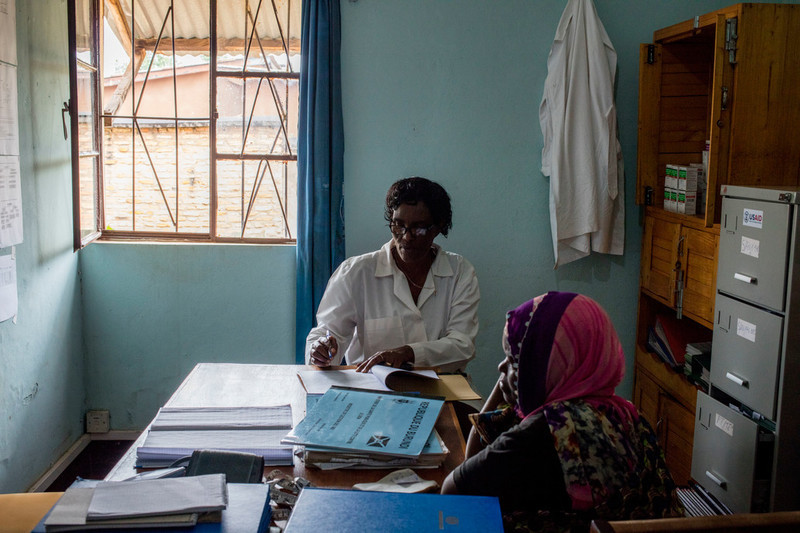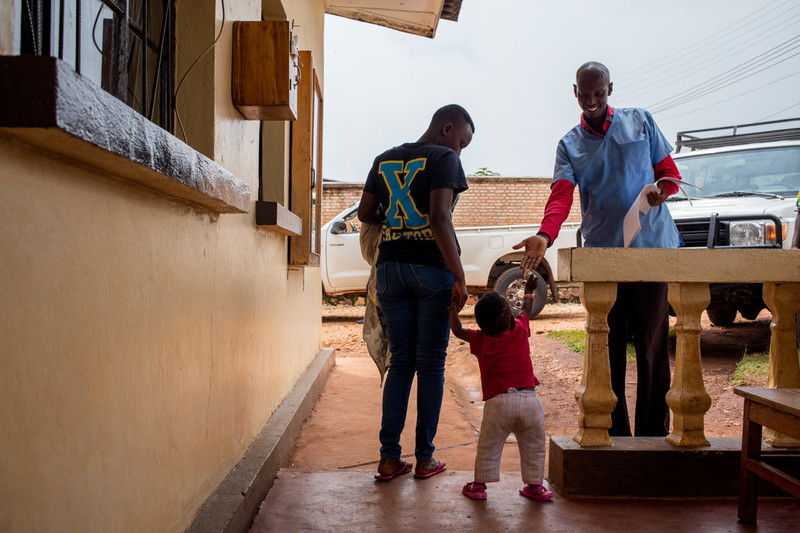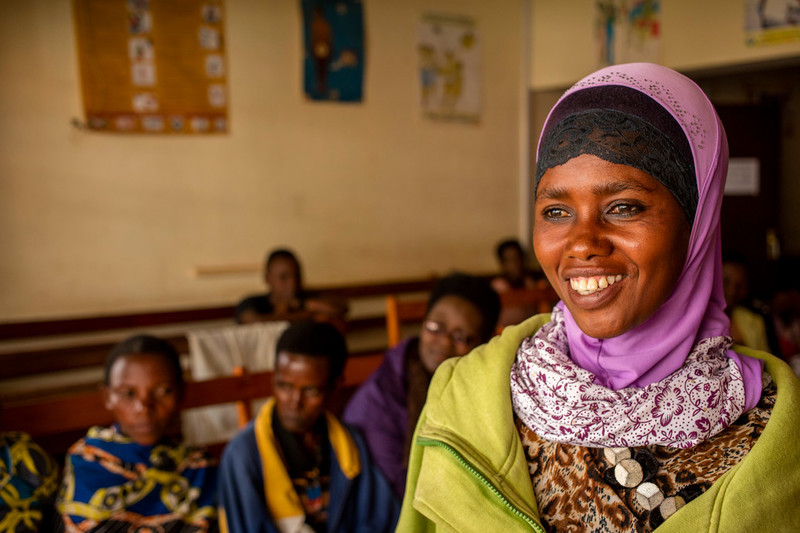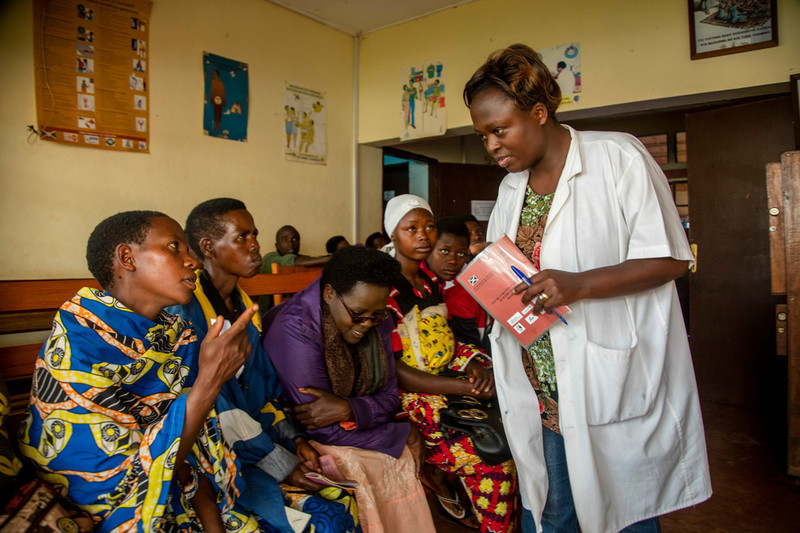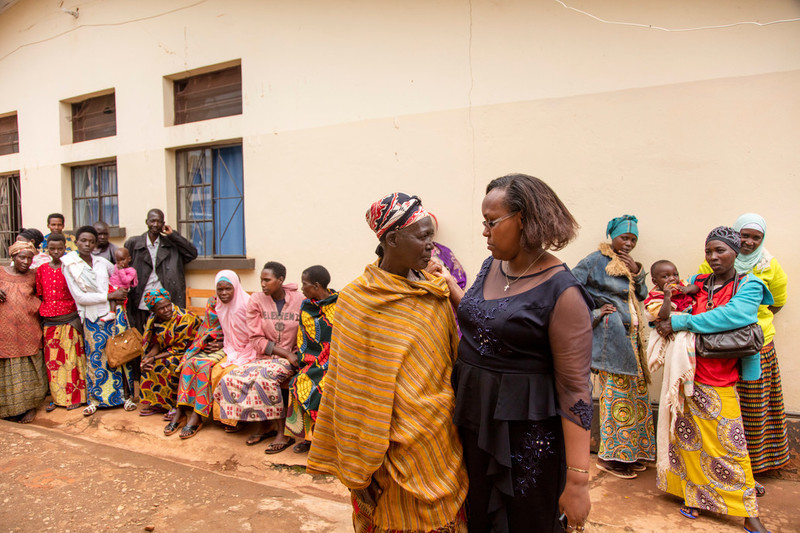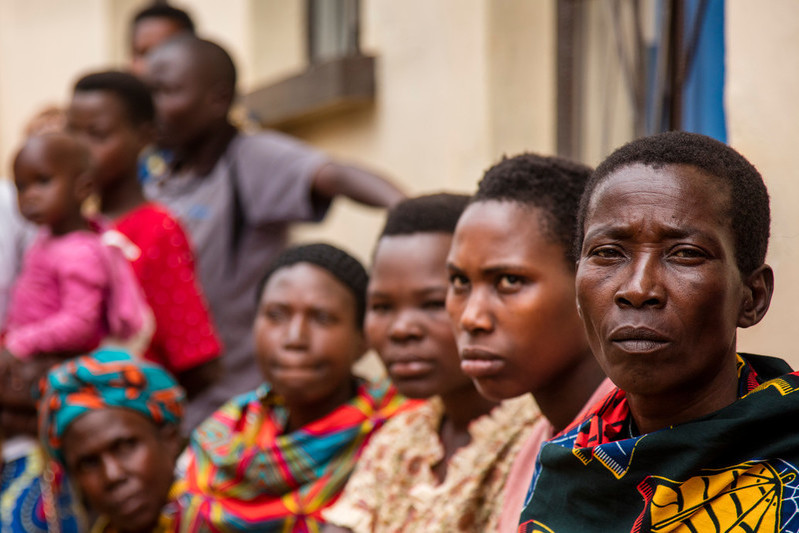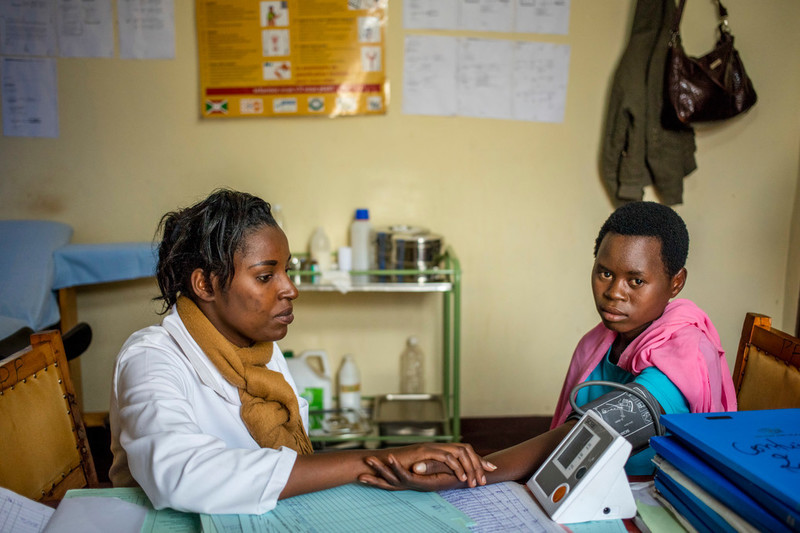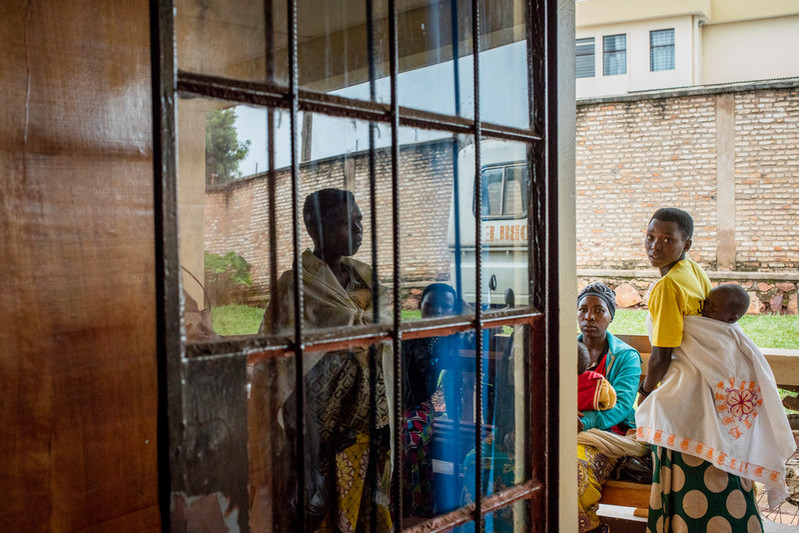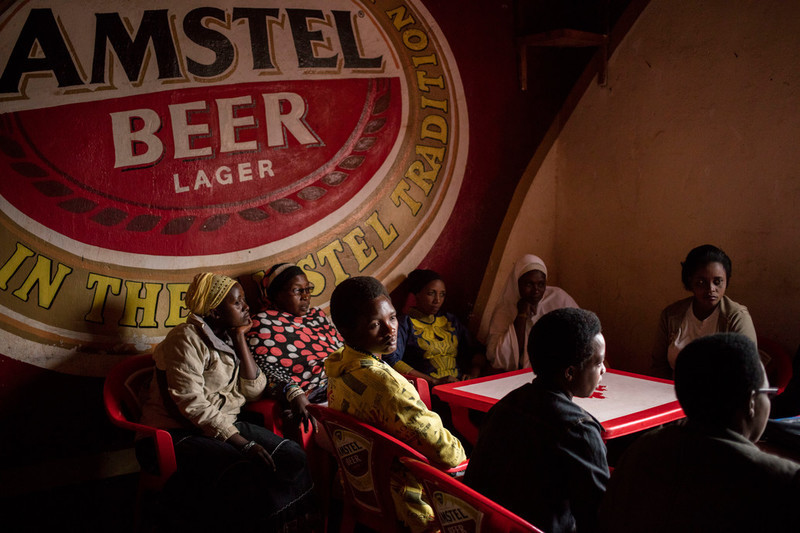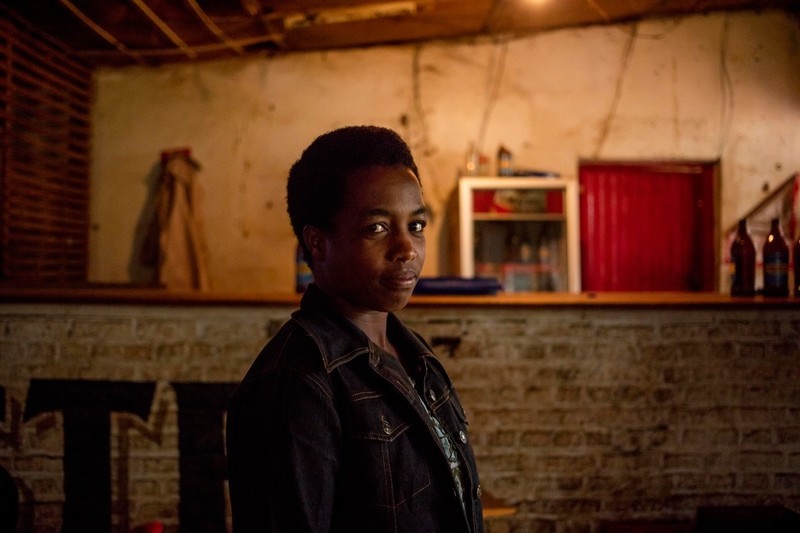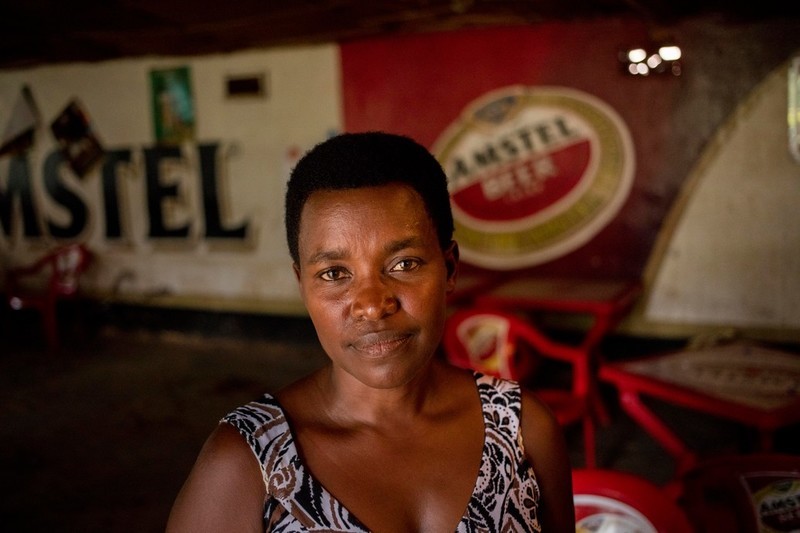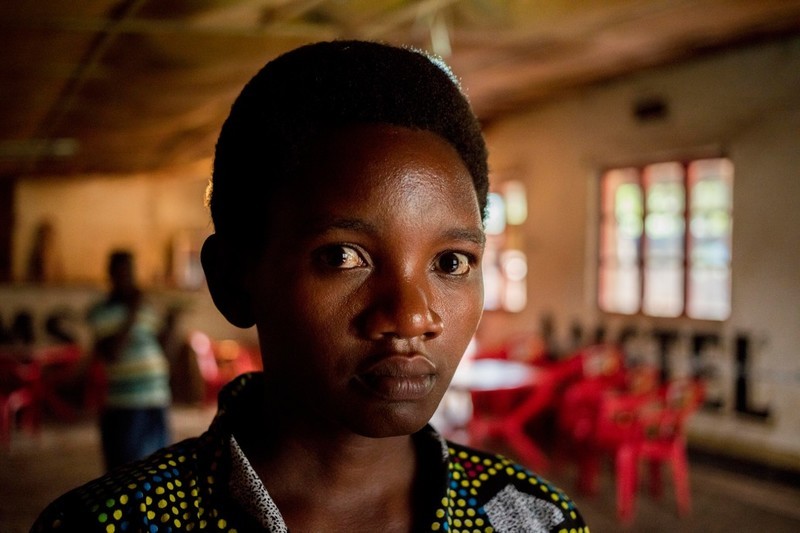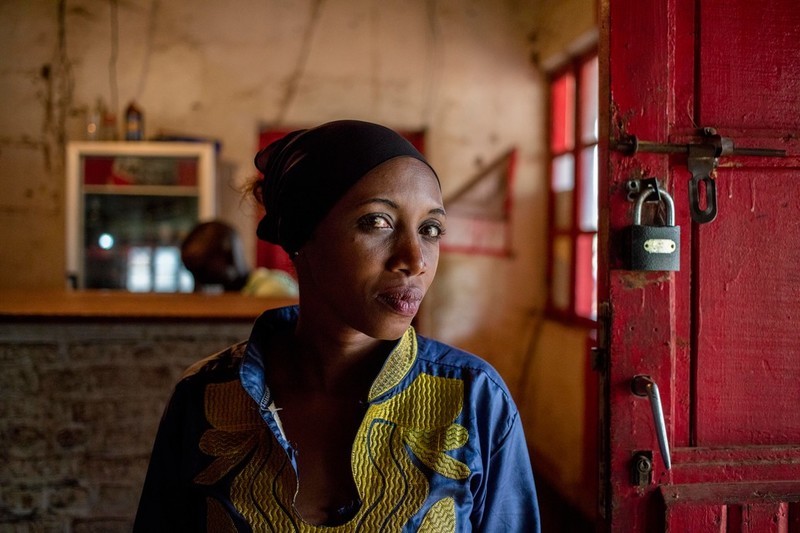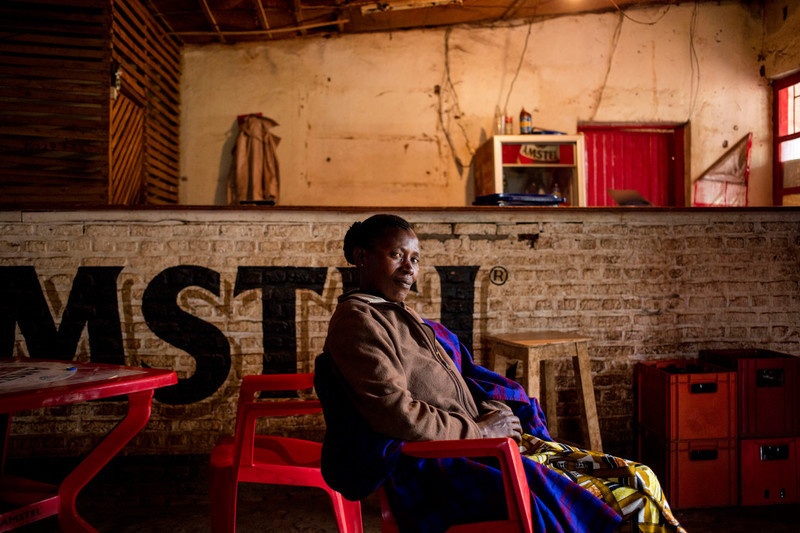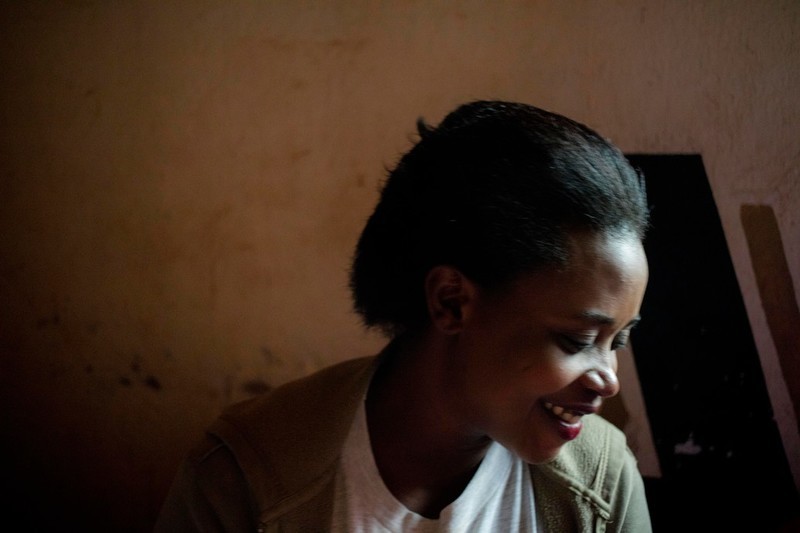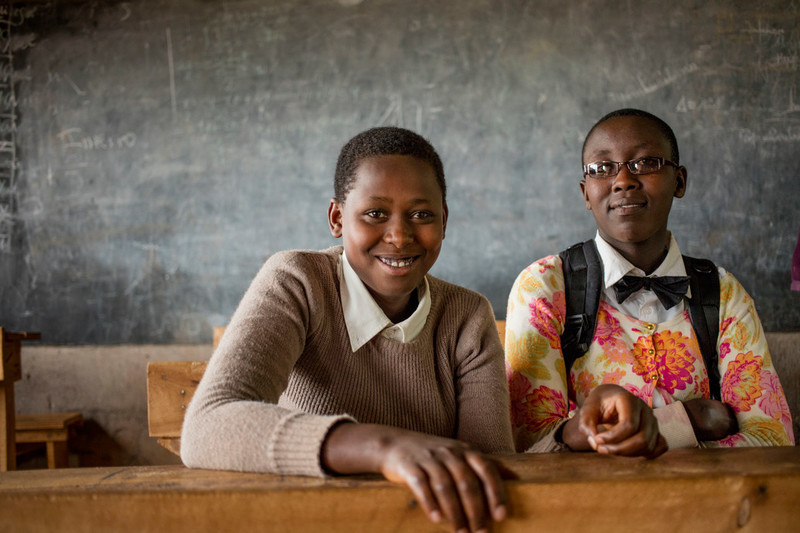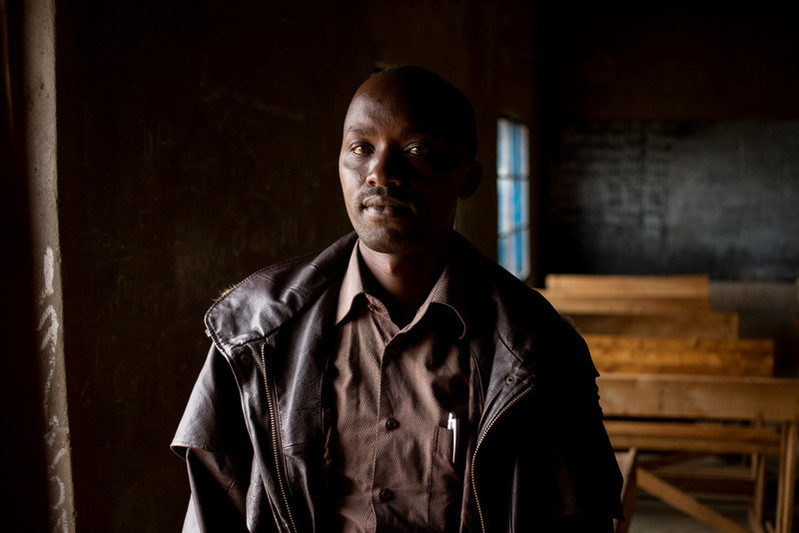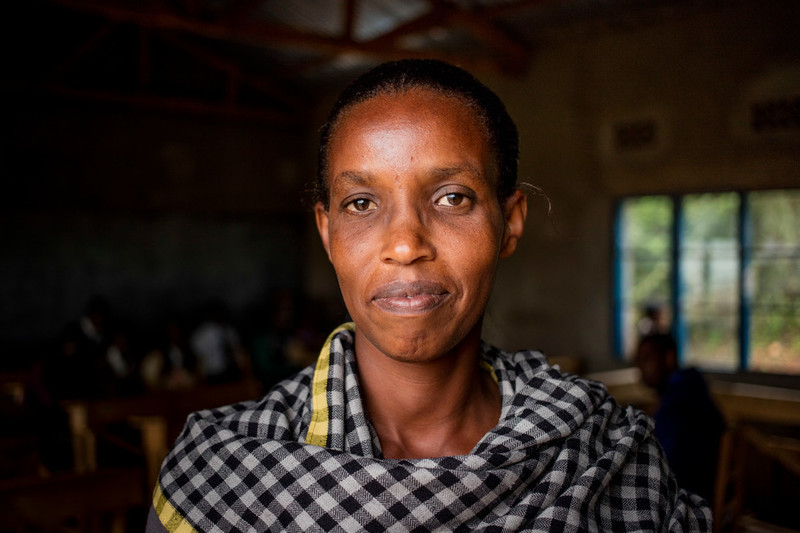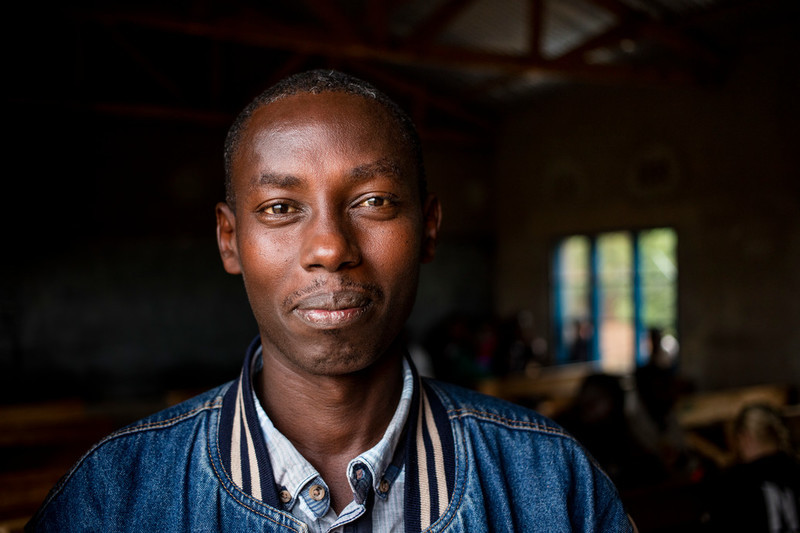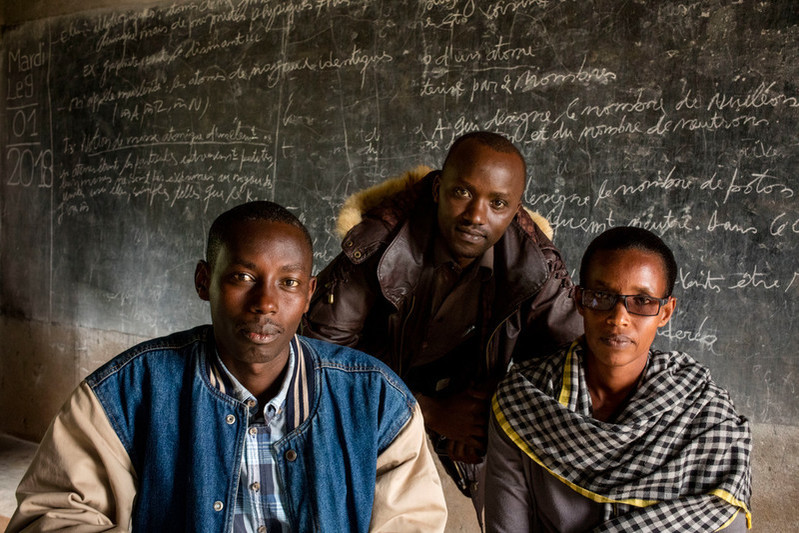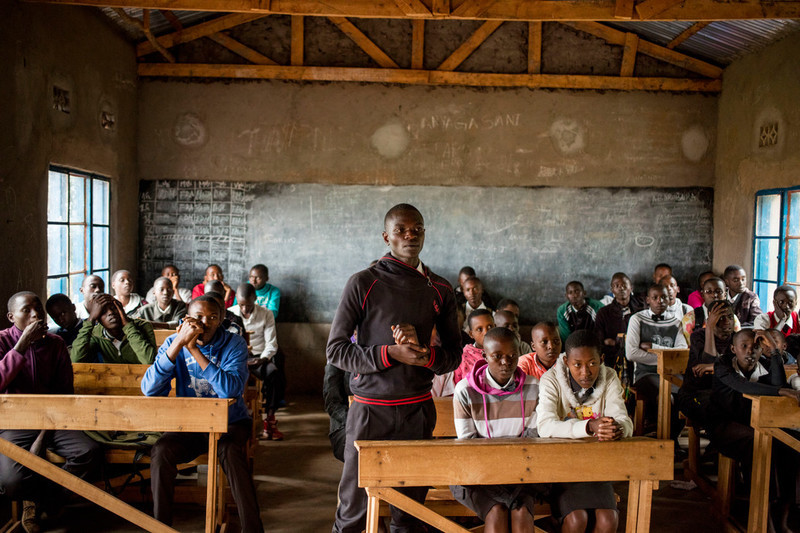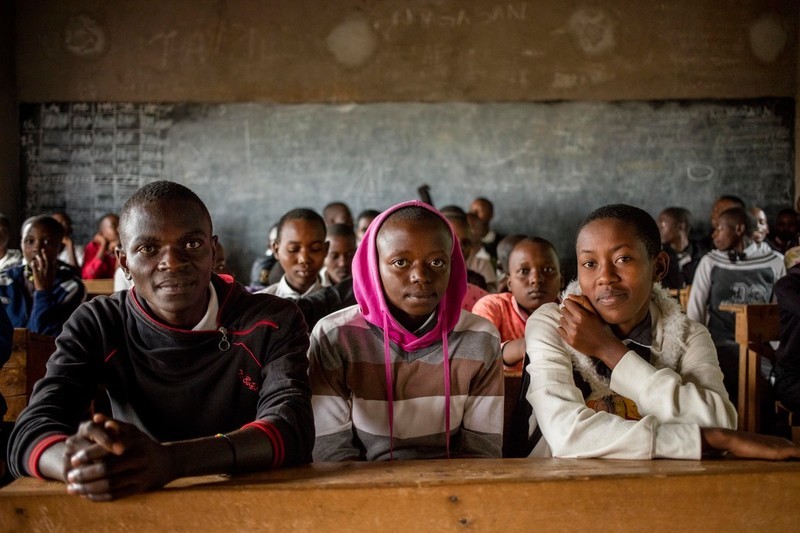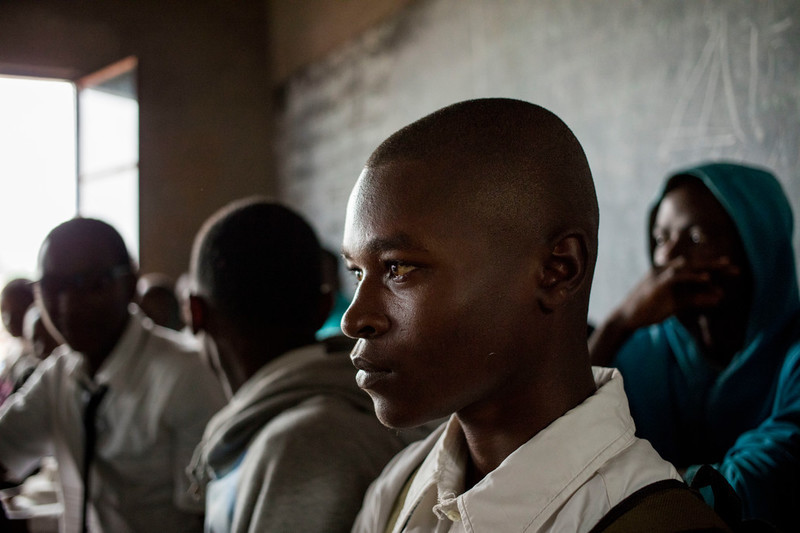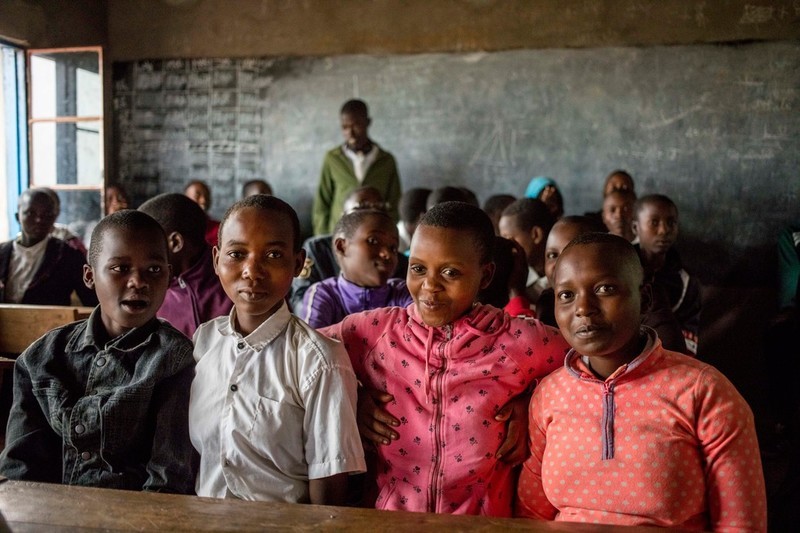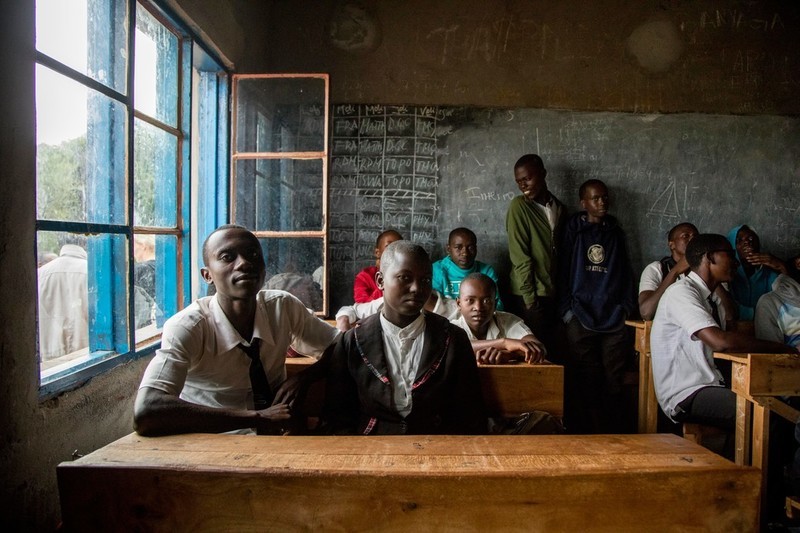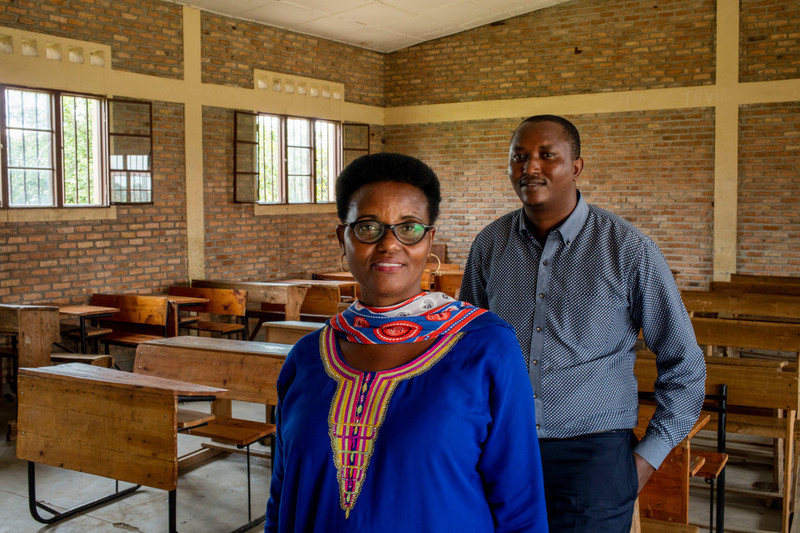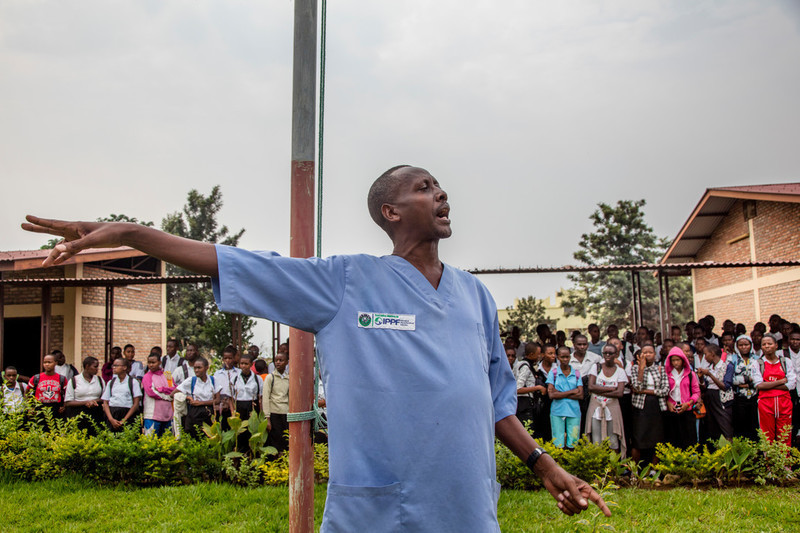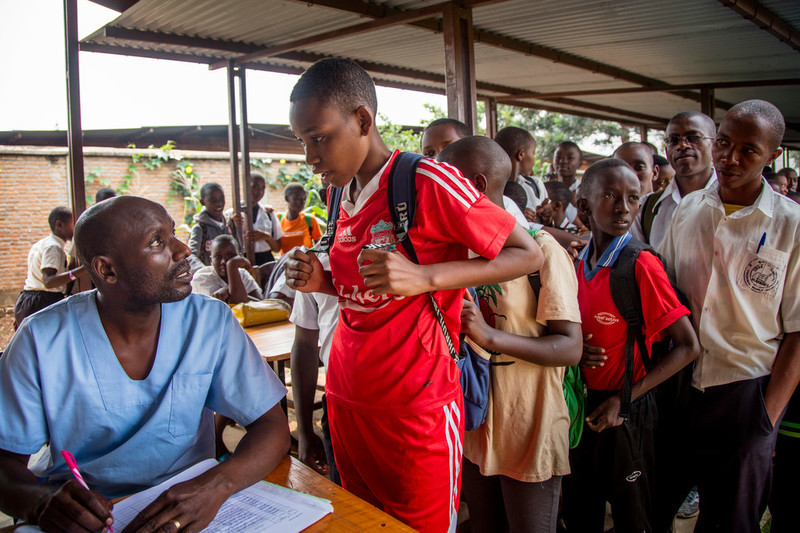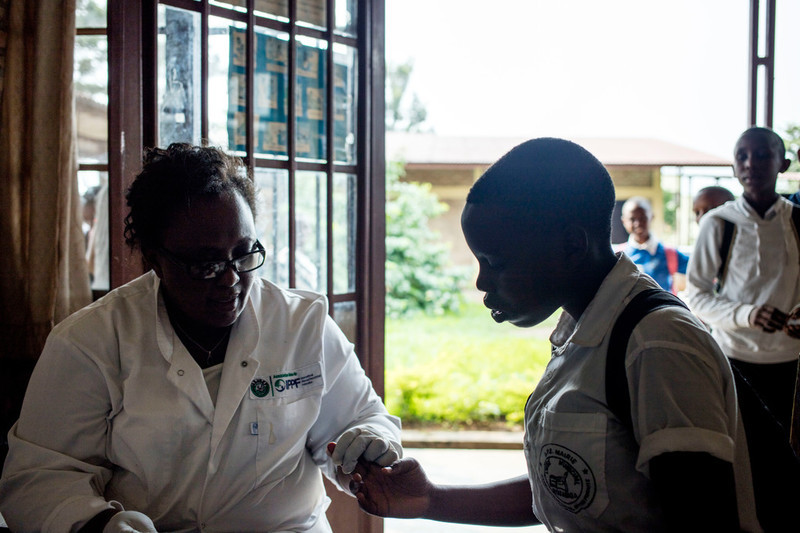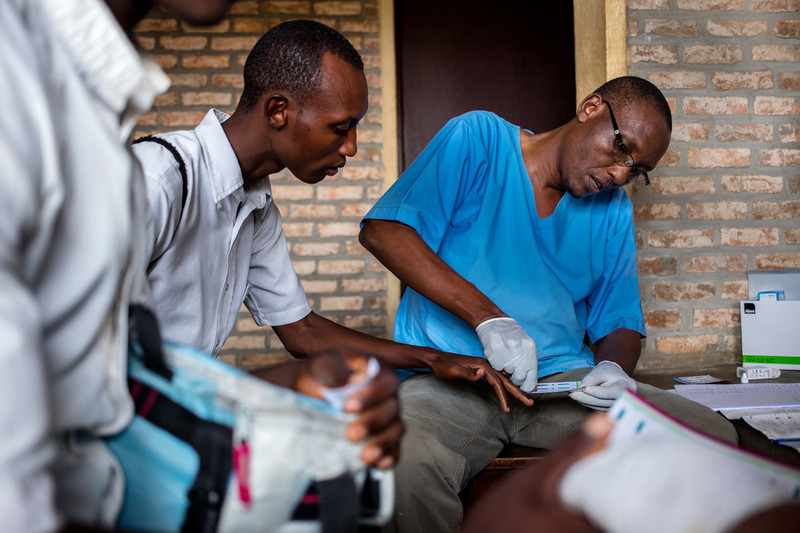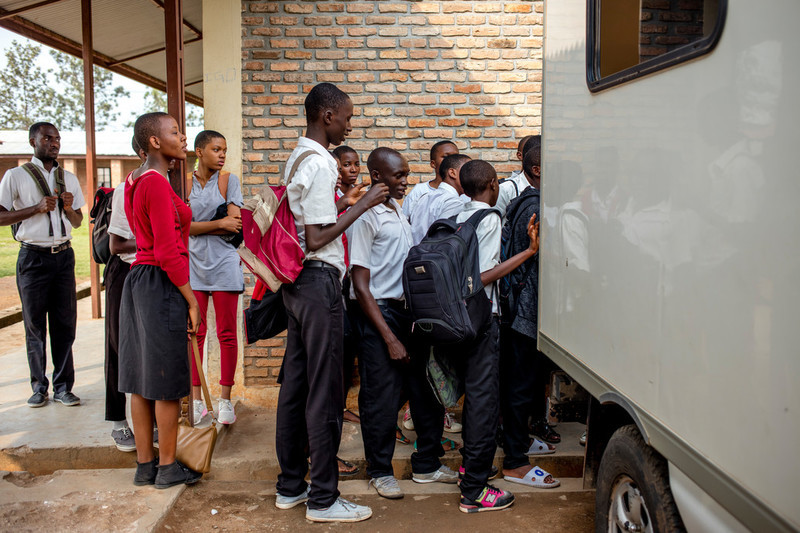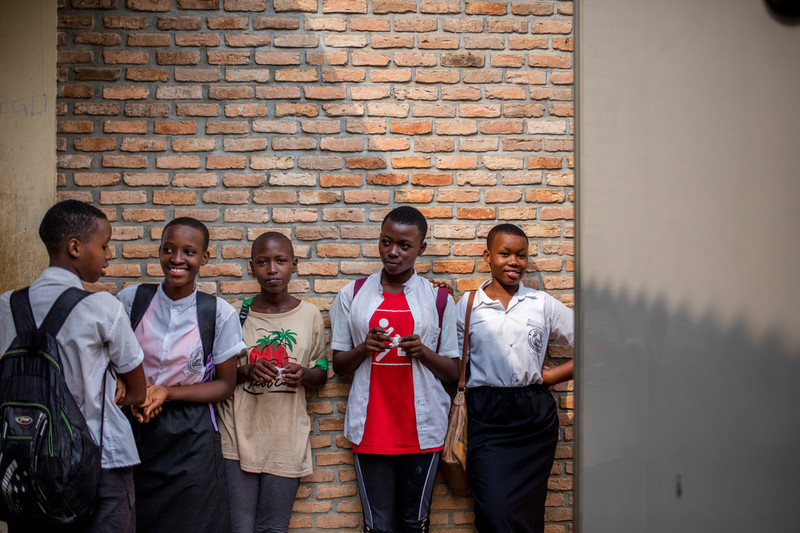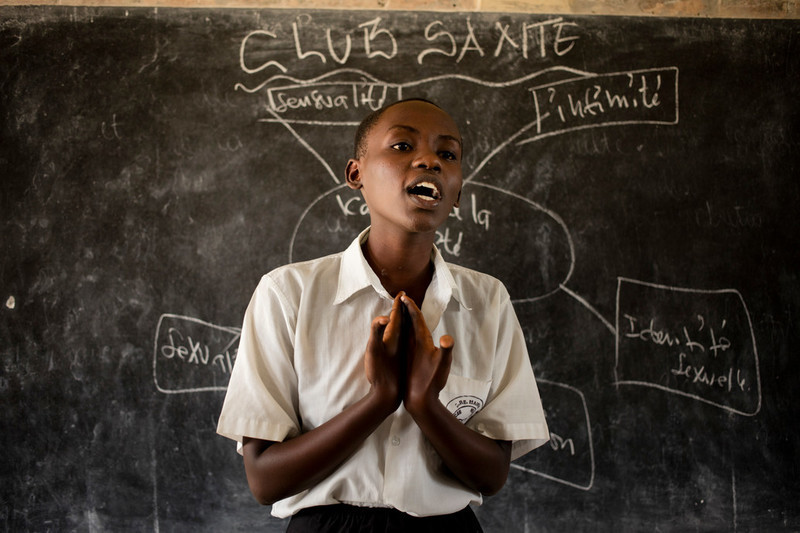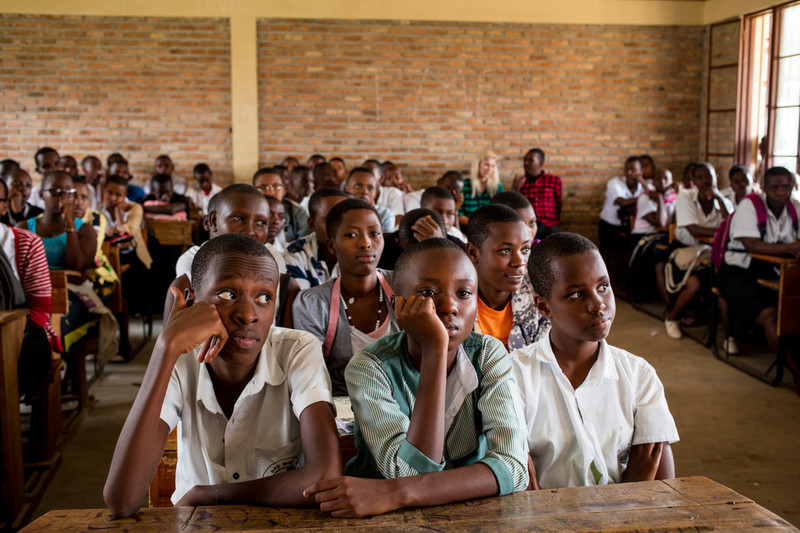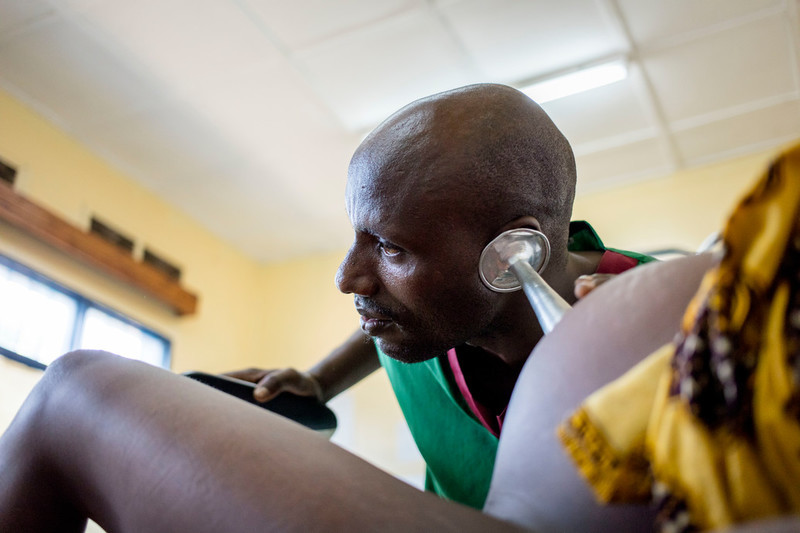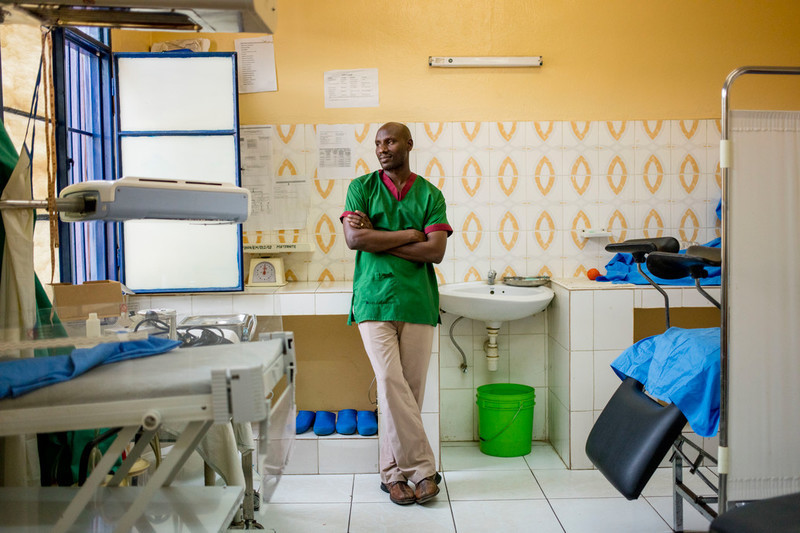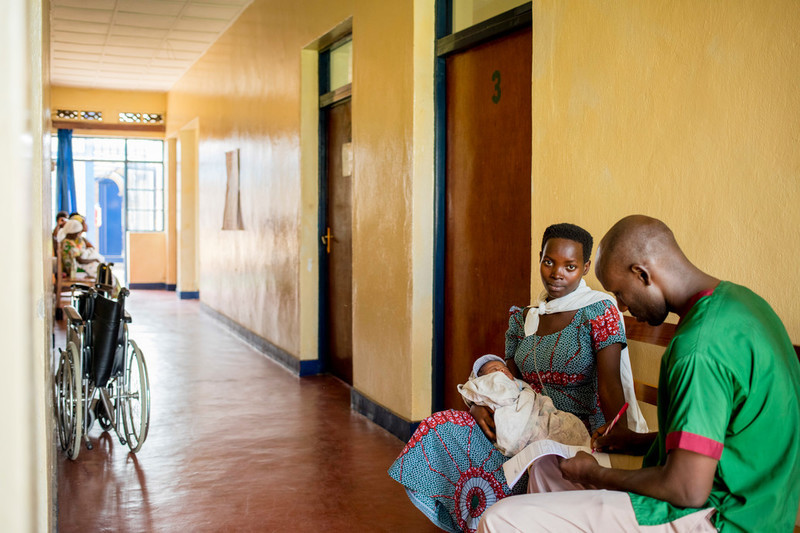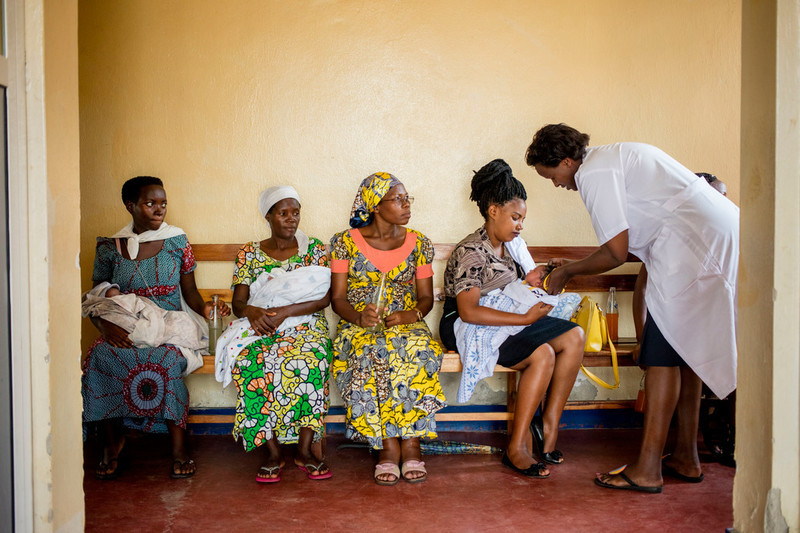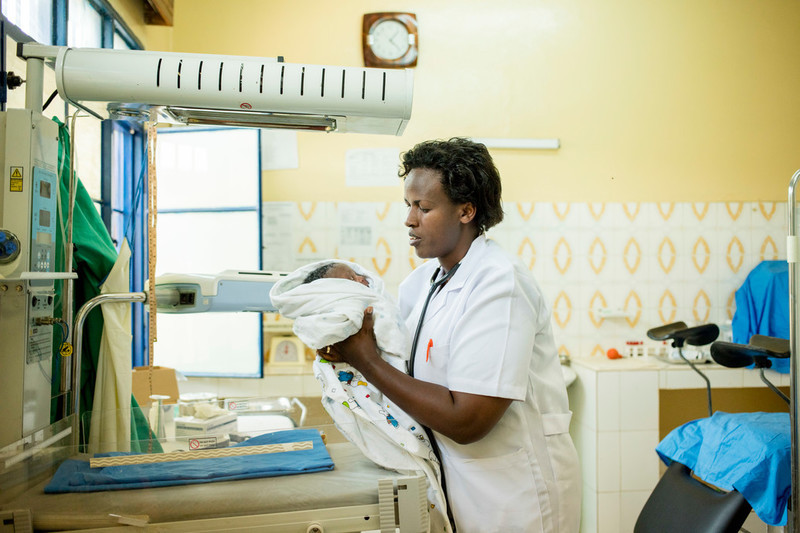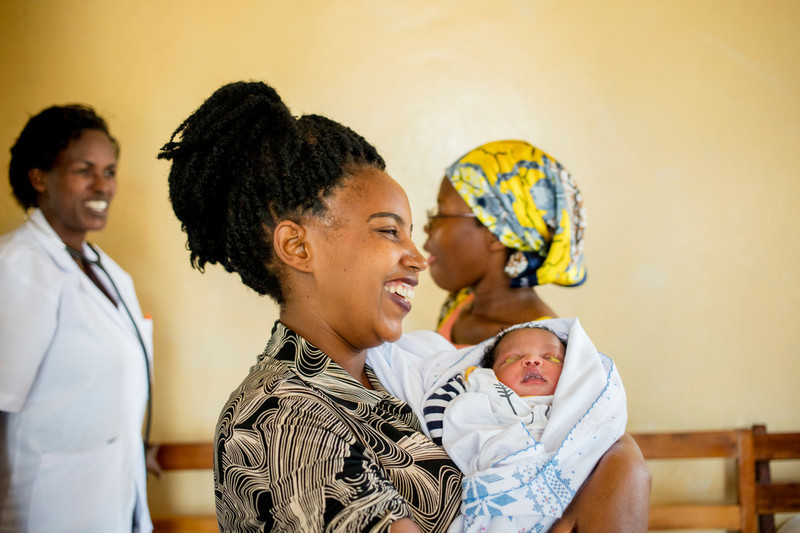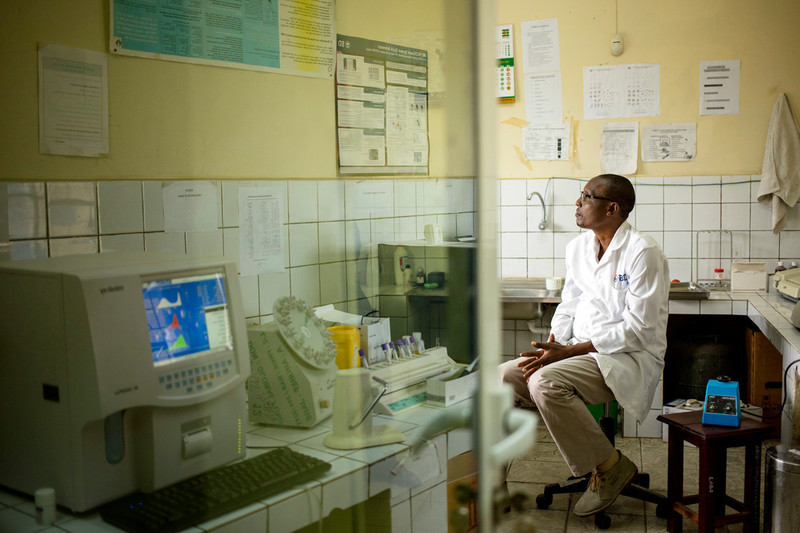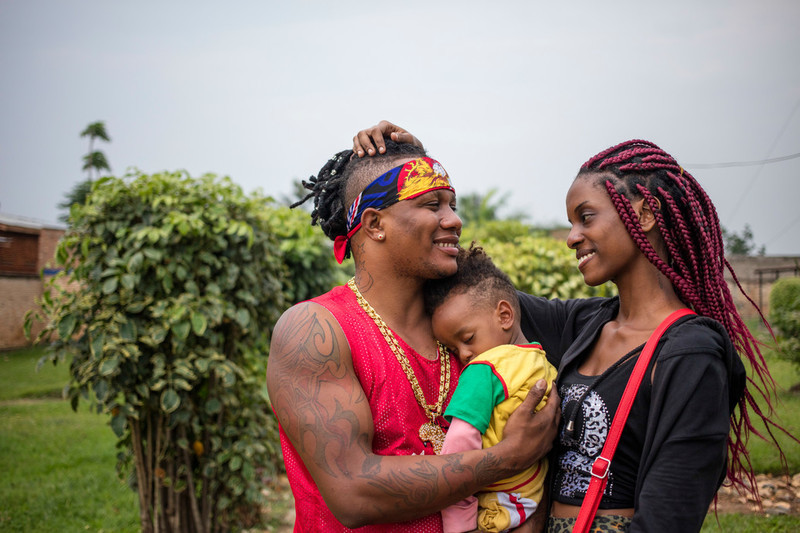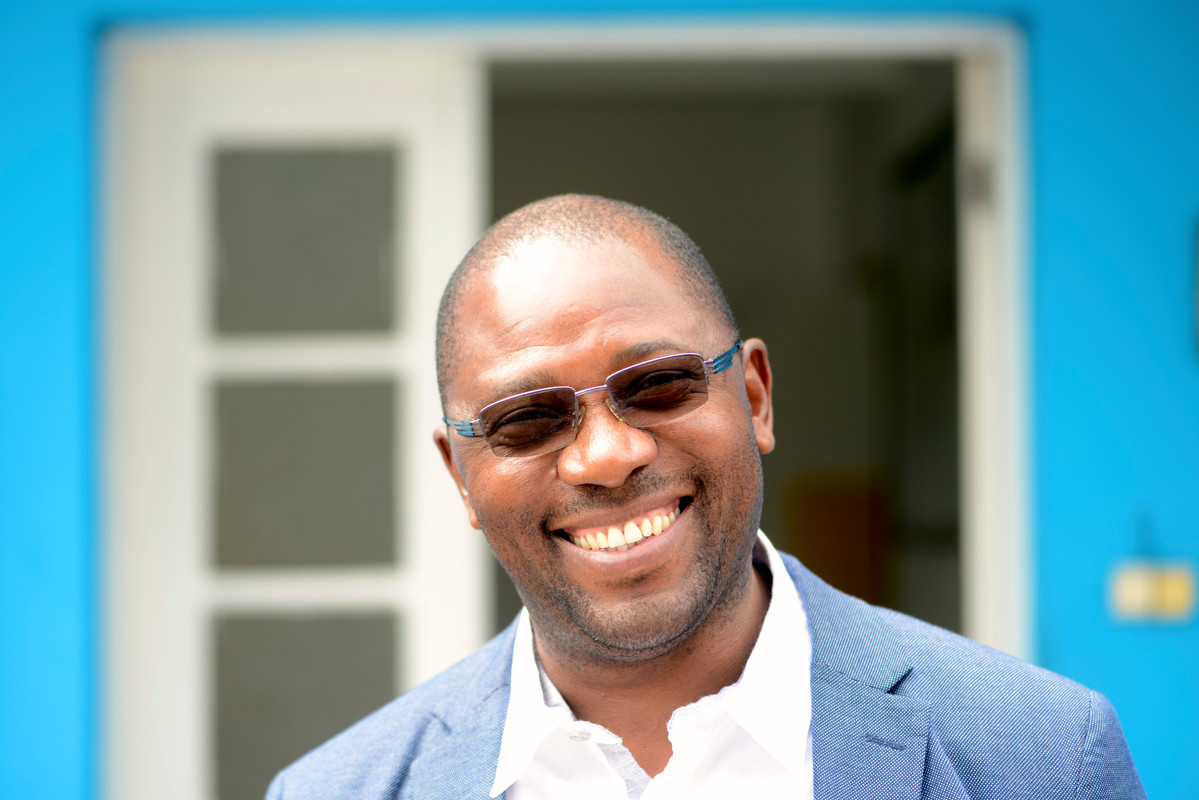Burundi is landlocked between Democratic Republic of the Congo, Rwanda, and Tanzania. Of the estimated 10.72 million population, 67% live below the poverty line.
Association Burundaise pour le Bien-Etre Familial, (ABUBEF) set up in 1991, provides a range of essential services, with a strong focus on HIV. Around 84,000 people are living with HIV in Burundi, of whom 12,000 are children under 14.
ABUBEF’s focus is on HIV prevention and management: from youth-friendly counselling to programmes to prevent mother-to-child transmission.
The withdrawal of US funding due to the Global Gag Rule will drastically reduce and, in some instances, close ABUBEF’s vital healthcare services and programmes. It is estimated that loss of funding to ABUBEF through the global gag rule will deny 117,016 people access to safe, sexual and reproductive healthcare. ABUBEF currently supports around 2, 123 people with anti-retroviral treatment, who will be affected by the cuts.
Donavine Uwimana, Executive Director of ABUBEF, “The GGR affects our very existence, with a forecasted funding cut of 39% in 2017 as well as a major decline in the supply of almost all sexual and reproductive health and HIV commodities.”
ABUBEF provides services to a range of clients including people living with HIV such as pregnant women, internally displaced persons and sex workers. The impact through funding losses affects service provision – including safe delivery for HIV-positive women, and a reduction in medical staff and drugs and commodities available.
IPPF is trying to find alternative funds to fill the gaps – a combination of long- and short-term measures to avoid closures and reductions in services.
Donavine explains how far-reaching the impact is for ABUBEF: “Almost all contraceptives, HIV reagents, STI drugs, antiretroviral and consumables for HIV management are procured through UNFPA, USAID and US-financed government programmes, which will be affected by the GGR,” she says.
IPPF visited several ABUBEF run projects at risk of closure across Burundi that included a centre in Kirundo for vulnerable women such as sex workers and survivors of gender-based violence. And in Ngozi, an HIV clinic that provides mobile clinics, and a maternity ward with a focus on the prevention of mother-to-child transmission.
when
country
Burundi
Blog Series
Fighting The Global Gag Rule
Subject
Contraception, HIV and STIs, Maternal Healthcare, Gynaecological
Related Member Association
Association Burundaise pour le Bien-Etre Familial







